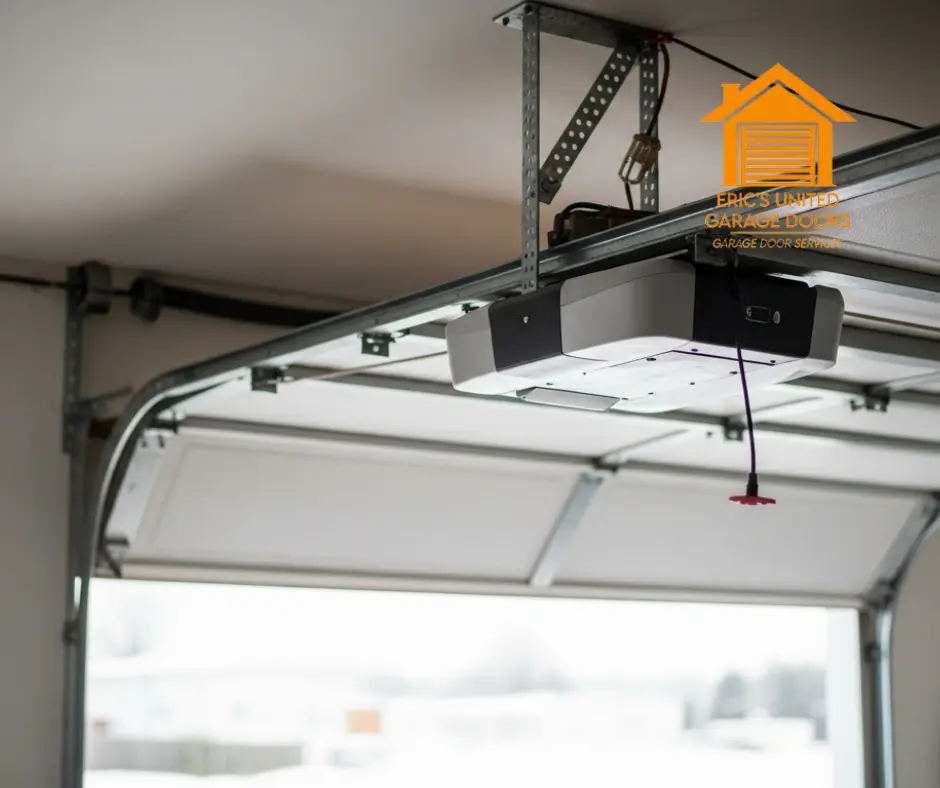It’s frustrating when your garage door refuses to close—especially when the opener seems to be working but the door won’t budge. Before assuming the motor or remote is to blame, consider this: the problem might actually be your safety sensors. If the photo-eye sensors are misaligned, dirty, or malfunctioning, you’ll likely need professional sensor repair to restore full function.
How Garage Door Sensors Work
Modern garage doors are equipped with infrared sensors—small safety devices placed near the bottom of the door tracks. These sensors create an invisible beam between them. If that beam is interrupted, the door automatically stops or reverses. It’s a crucial safety feature designed to prevent accidents, especially in homes with children or pets.
Common Signs of Sensor Issues
When something is wrong with your garage door sensors, your system might display subtle or obvious signs. Watch for the following:
- Garage door won’t close: One of the most common issues when sensors malfunction.
- Flashing lights on the opener unit: Often an error code pointing to sensor misalignment or failure.
- Door reverses before closing: The sensors may be detecting a false obstruction.
- Indicator lights are off or blinking: This can signal power loss or a sensor alignment problem.
If you notice any of these signs, it may be time to schedule a professional sensor repair to avoid further issues.
What Causes Garage Door Sensor Problems?
There are several reasons your sensors might stop working as expected:
- Misalignment: The most common issue. If the sensors aren’t facing each other directly, the signal won’t connect.
- Dirt or debris on the lenses: Even a small amount of dust can block the beam.
- Wiring problems: Frayed wires or loose connections can disrupt the power supply or signal.
- Sunlight interference: Bright sunlight hitting the sensor at the right angle can mimic a blockage.
Basic Troubleshooting Steps
Before calling in an expert, there are a few safe things you can try on your own:
- Clean the lenses: Use a soft cloth to gently wipe away dirt or cobwebs.
- Check alignment: Make sure both sensors are facing each other with no obstruction in between.
- Inspect wiring: Look for visible wear or disconnects on the low-voltage wires.
- Observe indicator lights: Solid green or red lights usually mean the sensors are properly aligned and powered.
If these steps don’t resolve the issue, it’s best to seek professional sensor repair before more complex problems arise.
Why Timely Sensor Repair Matters
Ignoring sensor problems can lead to more than inconvenience—it compromises safety. If your garage door operates without reliable sensors, there’s a higher risk of it closing on objects, vehicles, or even people. Properly functioning sensors ensure peace of mind and keep your garage door system compliant with safety standards.
When Sensor Repair Is Better Than Replacement
In many cases, a full sensor replacement isn’t necessary. Simple recalibration, cleaning, or reconnecting the wiring can often fix the issue. An experienced technician can quickly identify whether you need adjustments or complete sensor repair to restore optimal function.
Final Thoughts
If your garage door opener seems to be working but the door won’t close—or it keeps reversing—your sensors might be the root cause. These small devices play a huge role in the safe and smooth operation of your garage. Don’t ignore the warning signs. Schedule your sensor repair today and ensure your system runs the way it should.

